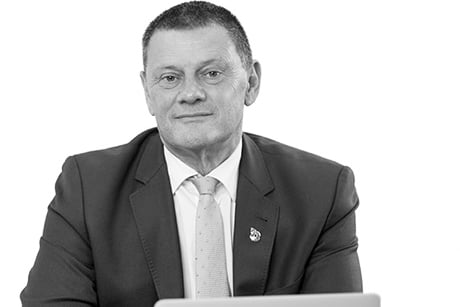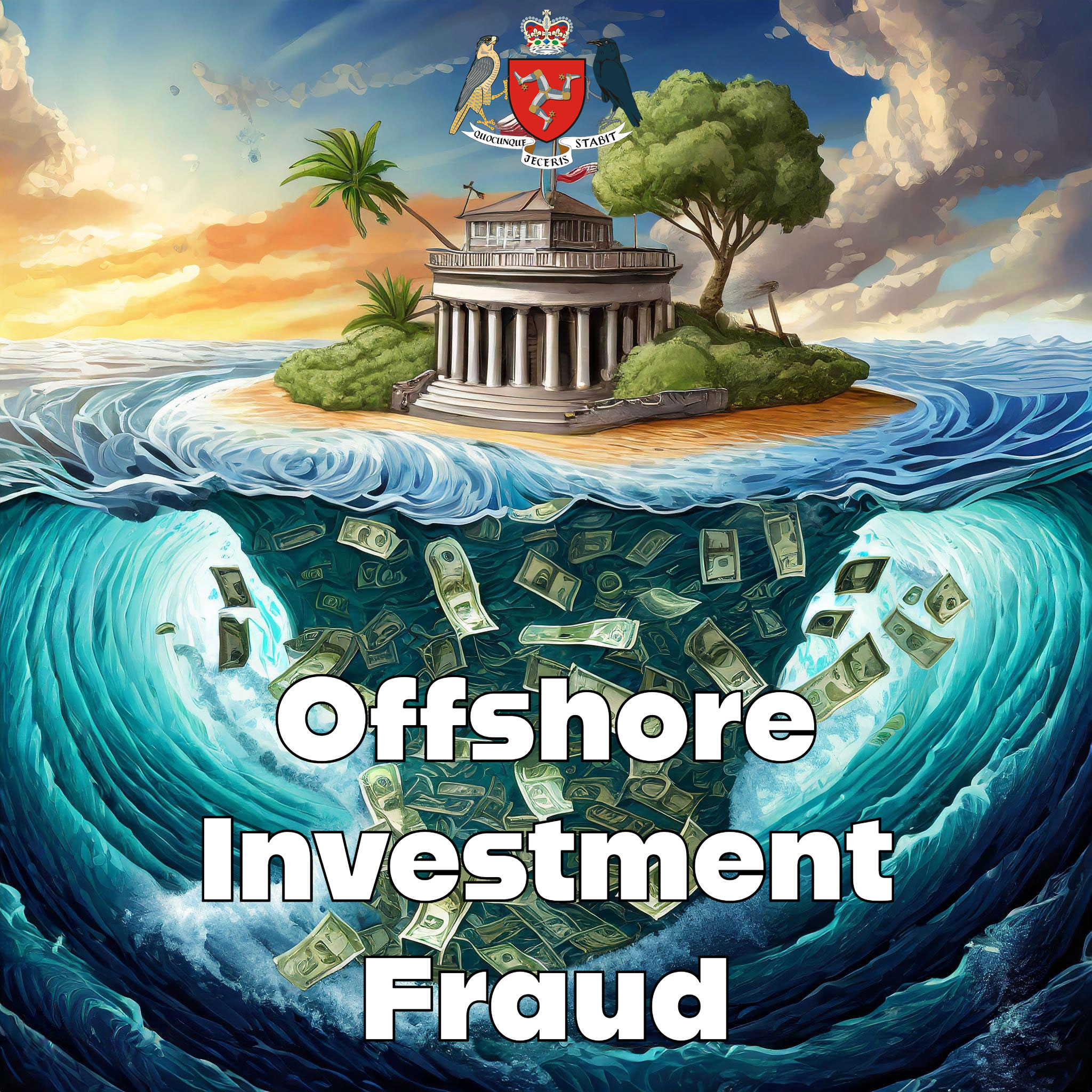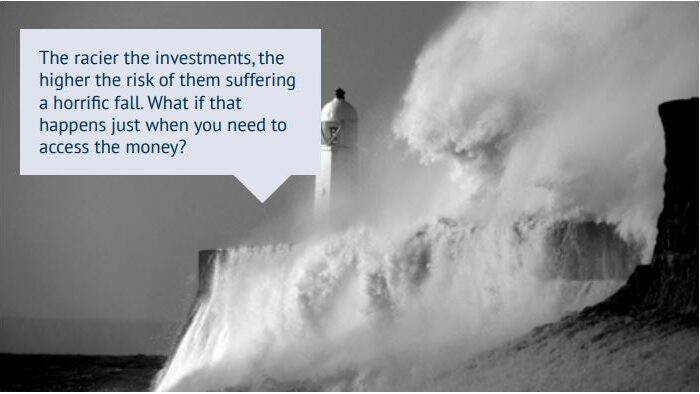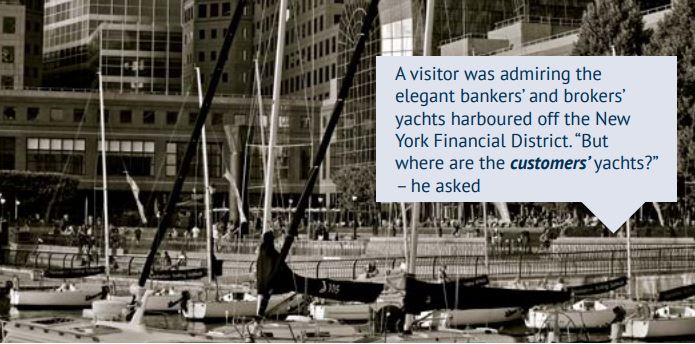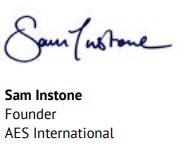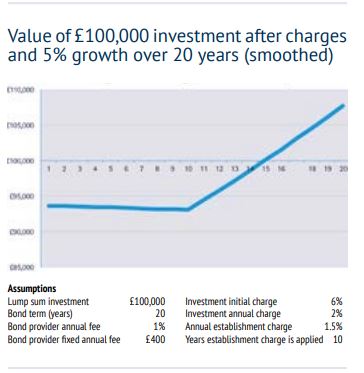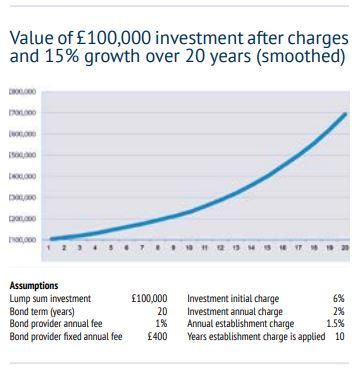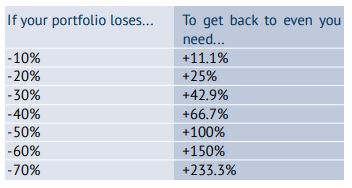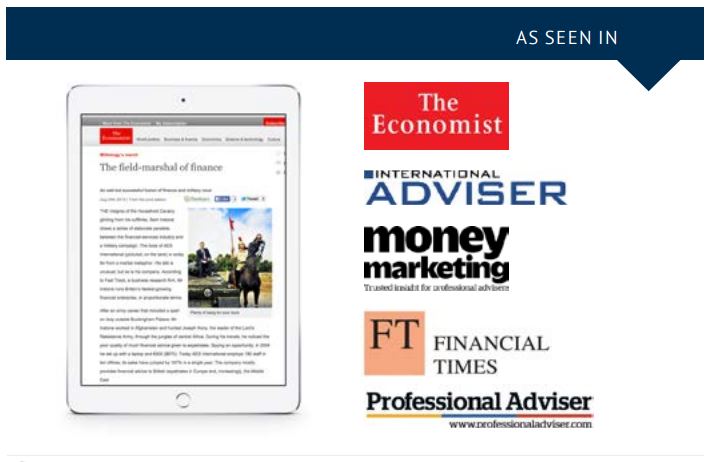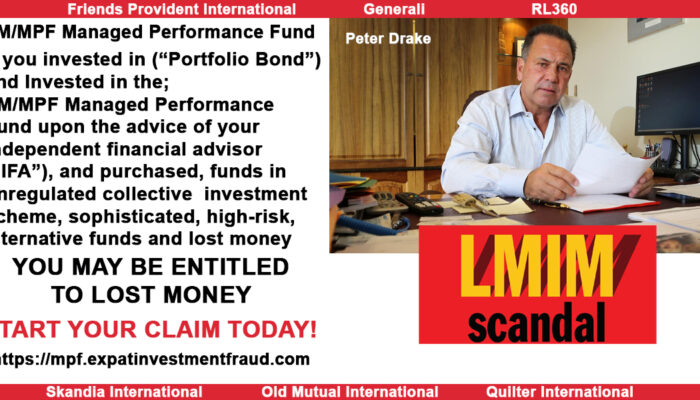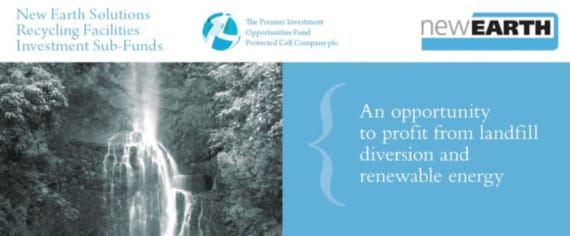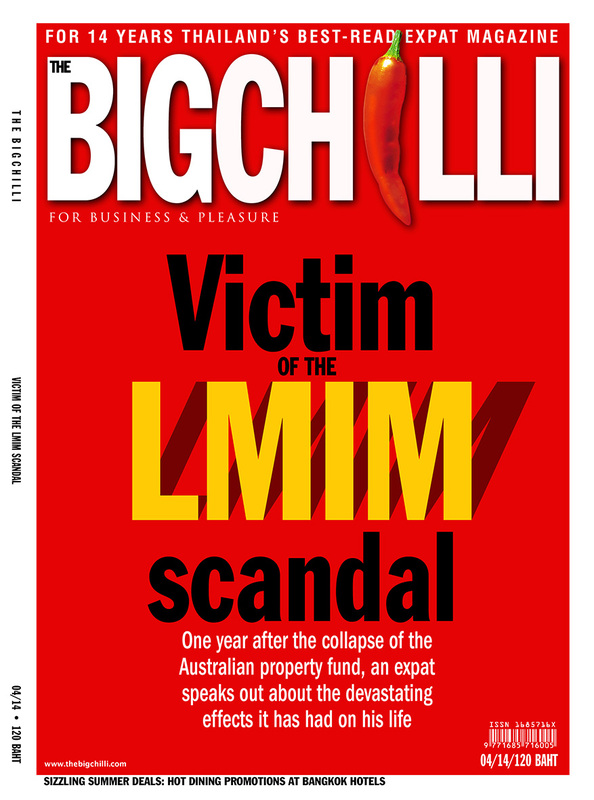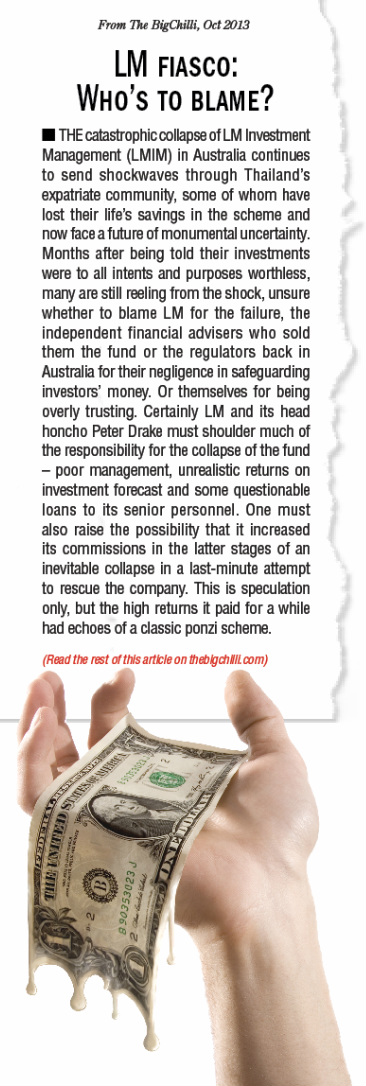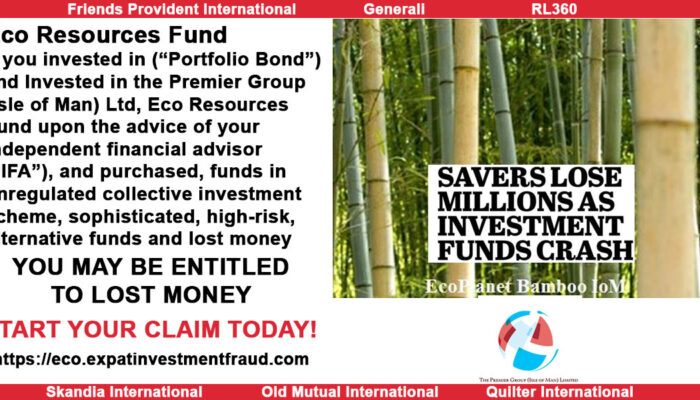Friends Provident International Concludes Defense in Major Class Action Trial
Friends Provident International (FPI) has wrapped up presenting its defense in a high-stakes £100 million class action lawsuit brought by over 700 investors. The trial, taking place at the Douglas High Court on the Isle of Man, involves investors who claim they were misled into purchasing life insurance products linked to investment funds that eventually collapsed.
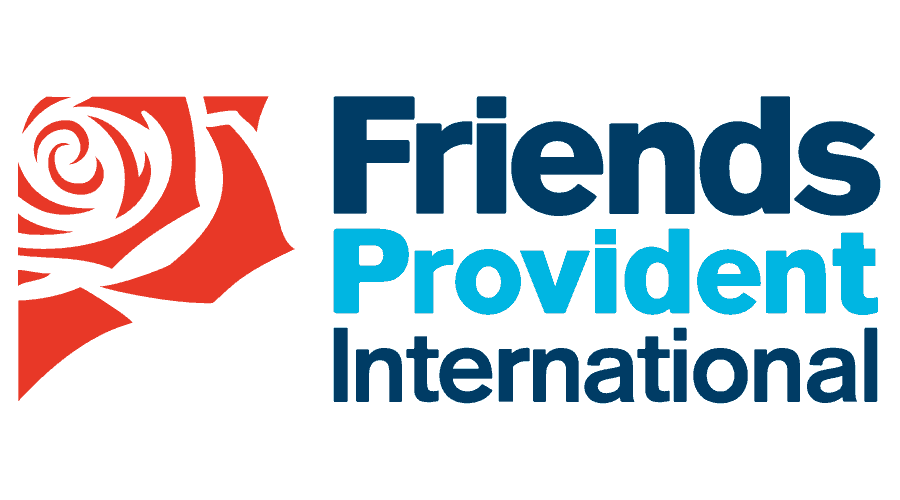
The proceedings, scheduled to last seven weeks, have now moved to FPI’s counterpart Utmost International IoM beginning its defense on April 24th. Utmost, formerly known as Quilter International and Old Mutual International, is also a defendant in the case.
At the center of the dispute are allegations that FPI and Utmost negligently sold investment products like the New Earth Fund, LM Group of Funds, and Eco Resources Fund to customers across the globe, falsely representing them as safe and low-risk options. However, these funds ultimately failed, causing many investors to lose their life savings.
During FPI’s defense presentation, IFGL group sales director Simon Pack testified that life insurance companies did not promote or recommend specific investment funds to avoid perceived conflicts of interest. Pack stated surprise at the suggestion that sales reps would meet jointly with financial advisors and fund promoters.
“We were not in a position to recommend funds. We are not there to give advice,” Pack told the court. He acknowledged potential reputational damage when “on-boarded” funds later prove disastrous, but maintained that following competitors’ practices doesn’t make it “right.”
The trial judge, Acting Deemster James Corbett, reminded all parties of the “fine line between what is opinion and what is not” regarding evidence.

